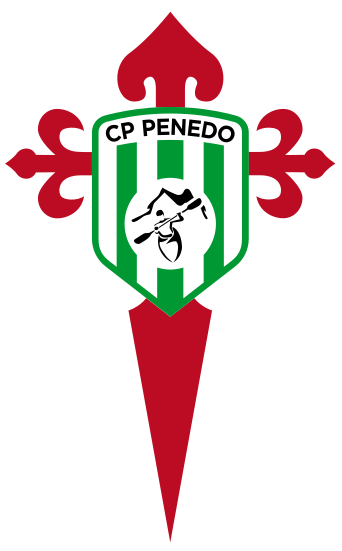Monday.com CRM can be customized for any business with features such as drag-and-drop interfaces and unlimited contacts, pipelines and boards. EngageBay offers a free CRM option with appointment scheduling, task management, deal pipelines and a live chat feature. It’s a technology used by any kind of business or organization, large or small, to manage and support customer relationships. CRM technology helps organizations build and grow relationships across the entire customer lifecycle, including marketing, sales, commerce, service, and IT. It’s used by B2C companies in consumer goods and retail and also by B2B organizations across high tech, manufacturing, financial services, healthcare, and more.
This helps streamline communication with customers, making it easier to keep them updated on your business’s offerings and changes. Additionally, they can help identify customer trends and behaviors, which can inform future marketing or product decisions. There are plenty of cloud CRM solutions that information technology (IT) novices can employ. You don’t have to make a large investment in physical IT infrastructure or hire IT staff to manage your CRM. Many CRM solutions are available as software as a service (SaaS), which means that you only pay for what you use and can stop using it at any time.
Trading Platforms
Some are geared more toward small to midsize businesses (SMBs), while others have broader email marketing capabilities. Some CRM systems are easier to use out of the box, with simple navigations and standard workflows. Some are dirt cheap, while others are quite expensive when you start moving up tiers, scaling up your sales workforce, or adding premium functionality.
Once you’ve decided on your primary customer communication channels and made sure your CRM can grab data from them and parse it. For example, if you’re gathering phone calls and social media chats, keywords might become important, especially mentions of a specific product name. You could match that against sentiment indicators, which should tell you the topic of any interaction and how the customer felt about it. This kind of automation is possible because CRMs can move data in and out of business systems across multiple channels. Depending on how your sales department works, CRM data can show up in a dedicated app interface, an email, a Slack message, and on any device, especially mobile ones.
What are the benefits of a CRM?
Employees use them differently and software renders them differently, which means that business processes that involve them will behave differently. Want to better understand your customers’ needs, preferences, and behaviors? We review and rank leading customer relationship management (CRM) systems https://www.xcritical.com/blog/trading-crm/ to see which ones can best meet your business needs. If a business is working with limited resources and desires an uncomplicated CRM system to maintain its customer relations, choosing a free CRM may be the best choice. A flexible CRM, monday.com can be customized to fit the needs of any business.
Instead of being developed and controlled by one company, it consists of a source code published publicly and shared by users and developers all around the world. What makes an open-source CRM beneficial is that anyone with the know-how can “open up” the software themselves and change features, interface elements and virtually anything else as they see fit. Customer relationship management systems continue to become more sophisticated, functional and comprehensive.
General Features – 40%
The Monday software is extremely simple, with pre-defined templates for all kinds of situations, allowing you to start with the one that suits you best. It also gives you the ability to use the columns to display all the information you need at any given time. Monitoring the time for each task, keeping track of who is in charge of what, marking locations, adding text, numbers, links, and much more. Salesforce has a multifunctional ecosystem where you can add services based on your requirements.
- That being said, it’s complex, and that complexity might make it frustrating for smaller organizations with more modest needs.
- The platform offers a Kanban-style board view of your tasks that helps you visualize your work and collaborate with team members.
- Also, cloud-based CRM programs typically cost more than in-house programs.
- Customer relationship management systems continue to become more sophisticated, functional and comprehensive.
- CRM allows you to effectively develop risk management strategies; by performing client suitability and appropriateness testing.
It’s a CRM platform with integrated ticketing and help desk features, which allows you to manage customers from a single dashboard. You can track leads and opportunities in your pipeline, log communication history and assign tasks to collaborate https://www.xcritical.com/ with your team, as well as get real-time notifications when you receive an inquiry. To win the longterm loyalty of both customer and suppliers, commercial agents have to convince both of these partners of their dedication to service.
How Much Does a CRM System Cost?
Until recently, the majority of industries employing CRMs have been large corporations working in consulting, insurance, real estate and distribution. Now, more industries than ever before are recognizing the value of CRMs and finding ways to integrate these tools into business operations. A report from Stellaxius showed overall CRM usage increased by 18% between 2018 and 2019.
As we’ve mentioned, you’ll want to be able to connect your email account and perhaps your calendar, too. Make sure your CRM software of choice can support the mobile device platform your team uses. Are you providing every employee an iPhone or is yours a bring-your-own-device (BYOD) environment, which inevitably means supporting multiple platforms?

